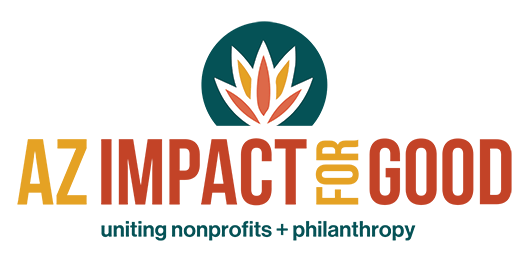New Nonprofit Leaders of Color Bring Change but Also Face Hurdles
New Nonprofit Leaders of Color Bring Change
but Also Face Hurdles
Before Joe Scantlebury became chief executive of Living Cities in September, he knew he had a daunting task ahead.
An unnamed group of employees who had fled the nonprofit made it clear that they thought the organization needed a radical overhaul focused on removing racial bias from its operations.
In essays posted on the internet, the former employees excoriated Ben Hecht, the organization’s longtime CEO, for “downplaying a toxic and racist culture” at Living Cities, a nonprofit that works to reduce the racial wealth gap in U.S. cities.
For Scantlebury, who is Black, the publicly aired grievances put him in a difficult position.
Scantlebury, a longtime Living Cities board member who has served in senior roles at the Kellogg and Gates foundations, says he knew the postings represented the views of only a portion of the nonprofit’s work force at the time. He is full of praise for Hecht, but he didn’t want to minimize the hurt the critics felt
Under Scantlebury, the nonprofit has continued the work it started more than five years ago to ensure it doesn’t ignore reports that employees are unfairly treated. It includes mandatory racial-equity training for new employees and a continuing series of discussions and assessments conducted by its human-resources and racial-equity teams to keep the issue front and center.
“We have to stop being afraid of the critique,” Scantlebury says. “We don’t improve in silence
Scantlebury is one of many nonprofit leaders of color who have stepped in to lead organizations over the past two years as the effort to end racism has been taken up with renewed vigor. Since the murder of George Floyd by Minneapolis police in 2020, many nonprofits, particularly those that serve and advocate for people of color, felt like outsiders in the struggle.
For many of those groups, part of the answer has been to replace white leaders with people of color. Those leaders were often charged with changing the culture of the organization to ensure it was a place employees of all backgrounds could thrive.
Since December 2021, more than 20 large nonprofit organizations, including Big Brothers Big Sisters of America, Greenpeace USA, Kaboom, and United Way Worldwide have announced new leaders of color, according to a Chronicle tally.
Many of those leaders — and others — accepted their leadership jobs knowing they faced problems that involved charges of racism in the way organizations advanced their missions, ran their organizations, or both.
Read article here.
